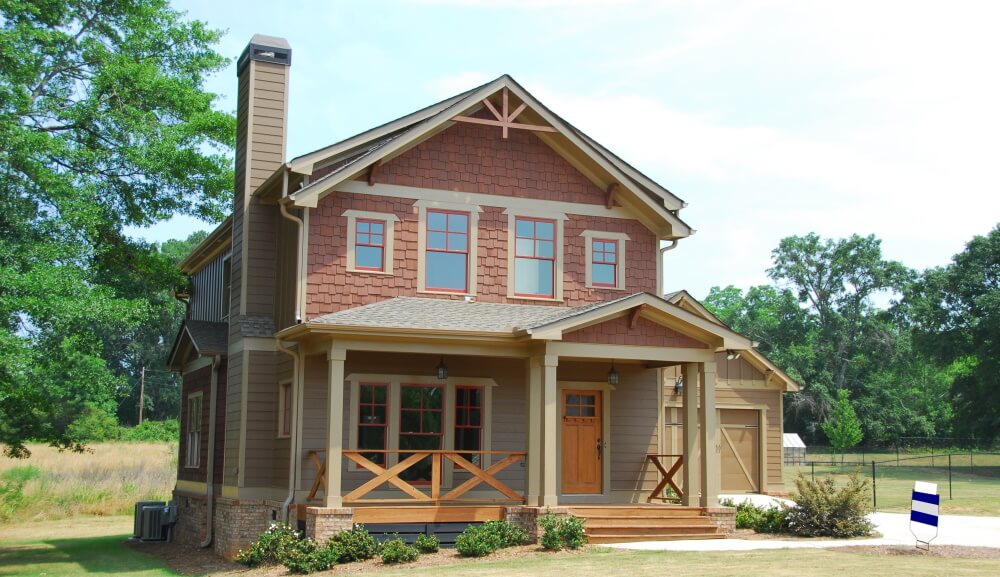
It is possible to become a Massachusetts agent by learning about the requirements. The process is very straightforward. You'll need to pass an exam and complete background checks. Before you attempt the state's real-estate licensing exam, it's a good idea for exam preparation.
The Massachusetts Board of Real Estate Brokers and Salespersons ensures that all real-estate agents are licensed and can legally work in the state. Before you can become a real estate salesperson, it is necessary to pass the state's licensing exam. The test consists of two sections: one general and one state-specific. Passing the test with 70% is required for licensure.
To obtain a Massachusetts license, you'll need to complete 40 hours of approved education. These courses can be taken either online or in a classroom setting. Some courses can only be taken during the day, some at night and others in the evening. Depending on what course you are taking, the amount of time it takes to complete the coursework can vary from one week to several weeks. There are also free and low-cost courses available.

The exam has no official pass rate, but students who use The CE Shop have an 91% pass rate. For example, the Massachusetts realty exam has two sections. The state-specific section is followed by the more extensive national regulations section. While the state-specific section of the exam is essential, the more comprehensive national regulations section should be studied.
Another test you can take is the Massachusetts salesperson exam. The exam is administered at an PSI testing center and is designed in order to test your knowledge of real property topics. The exam is administered on a computer. Your results will be available immediately. Before taking the exam, you'll need to have a valid photo ID and the required exam admittance form.
After passing the exam, you will be required to pay a licensing fees to the MA Board of Registration. These fees can range from $103 up to $150. Minimum 18-year-old applicants are required. They must also hold a highschool diploma, have a social security number, pass a background search and have a driver's license. Three candidate endorsements will be required to apply for a Massachusetts licence. However, if you are a student at a Massachusetts law school, you might be exempt from the pre-licensing education requirement.
Massachusetts is also one of the most competitive in the country. You should target areas with high potential buyers and lucrative homes if you are interested in a career as a real estate agent. Additionally, be sure to research your chosen broker's company culture, commission structure, and opportunities for growth.

Although the requirements to become a Massachusetts realty licensee are not too difficult, you need to do some research if your goal is to stand out. To fulfill the state's prelicensing education requirements, you will need to meet the official requirements.
FAQ
Should I use a mortgage broker?
A mortgage broker is a good choice if you're looking for a low rate. Brokers have relationships with many lenders and can negotiate for your benefit. Brokers may receive commissions from lenders. Before you sign up for a broker, make sure to check all fees.
What are the benefits of a fixed-rate mortgage?
A fixed-rate mortgage locks in your interest rate for the term of the loan. You won't need to worry about rising interest rates. Fixed-rate loans come with lower payments as they are locked in for a specified term.
How many times may I refinance my home mortgage?
This will depend on whether you are refinancing through another lender or a mortgage broker. In either case, you can usually refinance once every five years.
How much does it take to replace windows?
Replacement windows can cost anywhere from $1,500 to $3,000. The total cost of replacing all of your windows will depend on the exact size, style, and brand of windows you choose.
Do I require flood insurance?
Flood Insurance protects from flood-related damage. Flood insurance helps protect your belongings, and your mortgage payments. Find out more about flood insurance.
What is a reverse mortgage?
Reverse mortgages are a way to borrow funds from your home, without having any equity. It allows you to borrow money from your home while still living in it. There are two types of reverse mortgages: the government-insured FHA and the conventional. You must repay the amount borrowed and pay an origination fee for a conventional reverse loan. FHA insurance covers your repayments.
Can I buy a house without having a down payment?
Yes! Yes! There are many programs that make it possible for people with low incomes to buy a house. These programs include FHA loans, VA loans. USDA loans and conventional mortgages. Visit our website for more information.
Statistics
- This seems to be a more popular trend as the U.S. Census Bureau reports the homeownership rate was around 65% last year. (fortunebuilders.com)
- Based on your credit scores and other financial details, your lender offers you a 3.5% interest rate on loan. (investopedia.com)
- Over the past year, mortgage rates have hovered between 3.9 and 4.5 percent—a less significant increase. (fortunebuilders.com)
- When it came to buying a home in 2015, experts predicted that mortgage rates would surpass five percent, yet interest rates remained below four percent. (fortunebuilders.com)
- This means that all of your housing-related expenses each month do not exceed 43% of your monthly income. (fortunebuilders.com)
External Links
How To
How to Purchase a Mobile Home
Mobile homes are houses that are built on wheels and tow behind one or more vehicles. Mobile homes were popularized by soldiers who had lost the home they loved during World War II. Mobile homes are still popular among those who wish to live in a rural area. These homes are available in many sizes and styles. Some houses can be small and others large enough for multiple families. There are some even made just for pets.
There are two main types of mobile homes. The first is made in factories, where workers build them one by one. This is done before the product is delivered to the customer. You can also build your mobile home by yourself. You'll need to decide what size you want and whether it should include electricity, plumbing, or a kitchen stove. Next, make sure you have all the necessary materials to build your home. The permits will be required to build your new house.
If you plan to purchase a mobile home, there are three things you should keep in mind. Because you won't always be able to access a garage, you might consider choosing a model with more space. A larger living space is a good option if you plan to move in to your home immediately. The trailer's condition is another important consideration. If any part of the frame is damaged, it could cause problems later.
You should determine how much money you are willing to spend before you buy a mobile home. It is important that you compare the prices between different manufacturers and models. It is important to inspect the condition of trailers. Although many dealerships offer financing options, interest rates will vary depending on the lender.
You can also rent a mobile home instead of purchasing one. Renting allows the freedom to test drive one model before you commit. Renting isn't cheap. Renters typically pay $300 per month.